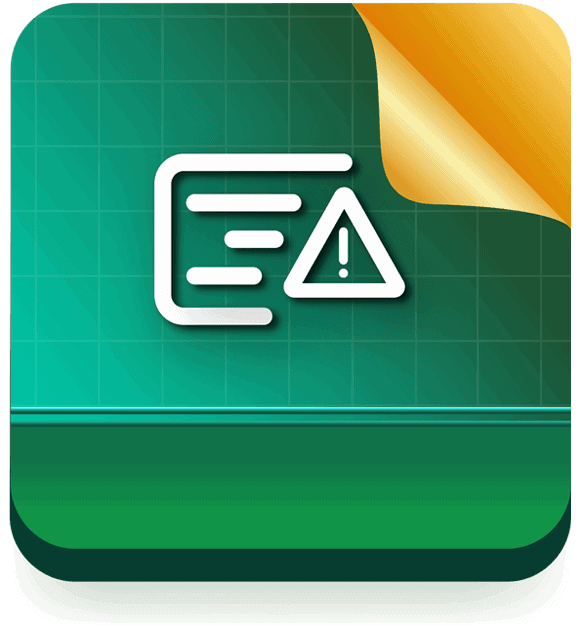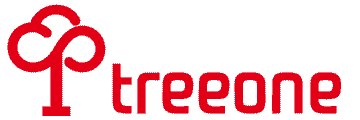Customer relationship management (CRM) software is often used in sales, but there are many benefits to using a CRM for marketing, too. One of the most important is the ability to use the software to capture customer data—and customer data is always in demand.
The best CRM software helps you manage all of the interactions your team has with customers and prospects. It automates many tasks, which means less time spent entering data and more time spent selling.
Customer Relationship Management Software — is a huge step in growing your business and improving efficiency. It can help you do everything from streamline sales efforts to improve customer service.

A CRM can also help your entire sales team, including management, to collaborate on sales opportunities. Here are 6 benefits of using CRM software
- Maintain a centralized database:
To be a successful business, you need to have a structured way to capture, organize, and store prospect information. This is an especially critical component of your sales strategy, because your ability to capture detailed information about one customer (or one lead) is a reflection of your ability to do so for all customers (or leads) in the future.
Maintaining a centralized database across your sales operations will help provide your team with the information they need to close deals. With CRM platform, you can search for prospects, customers, opportunities, activities, and notes.
- Manage all communication:
A good sales rep can follow up with a prospect as often as they need to in order to close the deal. However, following up too often can be annoying and push prospects away.
This is why it’s important to use a sales automation system, such as a CRM. When a rep uses a CRM to track their sales efforts, they can keep track of the number of times they’ve followed up with each prospect.
The CRM can also help a rep respond more quickly to a prospect’s requests. For example, if a prospect asks for more information about a product, the rep can search the CRM to see if they’ve already sent the prospect any of the requested information.
One of the best ways to manage all of this incoming and outgoing communication is to use a CRM.
- Automate data entry:
Sales and marketing teams have always had to collect data from many different sources—emails, calls, meetings, and interactions. A CRM (Customer Relationship Management System) is software that makes this information streamlined and easy to find.
Automating this process provides teams with more time to spend on what really matters, creating and closing deals.
A CRM allows sales and marketing teams to manage their pipeline on one platform, enabling them to track deal stages, activities, and details with ease.
In addition, they can keep all their prospect interactions and sales activities in one place, benefiting from rich reporting features.
- Automate Reminders & Followups:
The best salespeople know that the key to success is to follow up with potential customers. Whether you’re trying to get customers to buy a new product, or trying to get current ones to upgrade. The problem lies in time management.
We all have too much to do, and as a result, things like reminders about follow ups can fall by the wayside. Luckily, there is a solution that solves this problem.
CRM offers a feature that allows you to automate reminders about follow ups and even emails to remind you of these follow ups when they’re due, saving you valuable time. This software is great for sales teams, as it will allow you to schedule calls to your prospects, and focus on the more important tasks at hand
One of the coolest things about using a CRM is how it’s so useful for automating follow up. Think of it as a sales manager with super powers. The best way to think of a CRM is like a calendar for your salespeople. Instead of following up on specific dates and times, they follow up by visiting a contact that has been entered into a CRM. This is a much better approach to sales than just pinging a contact once a week and hoping they respond.
- Create sales reports.
Sales reports enable sales executives and sales managers to review sales performance, identify opportunities for growth, and measure team efficiency. Sales dashboards display key data, allowing sales leaders to see metrics such as pipeline position, lead generation, and sales activity.
By analyzing the information presented in these sales reports, sales executives can ensure that their sales team is performing at a high level and that the team has the key resources to be as productive as possible. For sales leaders, sales reports allow you to see the big picture in terms of your company’s sales performance and take steps to improve results.
- Forecasting for your sales performance
Today’s business environment is tough. Not only do you need to create forecasts and reports for your sales team, you also need to ensure that your sales reps are hitting their targets.
As a sales manager, your job is to ensure that your activity data is regularly collected and that your sales reps are informed about how they’re performing against their individual targets.
It doesn’t matter how many automated reports and metrics you can pull into your CRM, if you don’t have a system for analysis and forecasting. The key to any successful sales organization is the ability to plan strategically and make informed decisions.
The best sales leaders have their teams create sales report forecasts every month, which will give them insight into what they can realistically accomplish in the upcoming period. But how do you get started? You can’t just ask your team to make projections for their pipelines, because most of them will just guess wildly. They need to have a statistical basis for their sales forecasts.
Bottomline:
If you’re like most businesses, your salespeople work with an endless stream of contacts, leads, and opportunities to manage.
But what if there were a way to empower your salespeople to connect with customers in a meaningful way, and systematically track and record their communications?
What if technology could change the way your reps manage leads, and keep all their information in one place?
What if your salespeople had a system to help them improve productivity, and ultimately close more deals?
When you set out to start growing your business, you know it’s time to start using the right tools. TreeOne CRM software is a vital tool for any company that’s serious about its growth.
Schedule your Free Demo Now!!!


 Stock Brokers CRM+
Stock Brokers CRM+ Retention CRM+
Retention CRM+ LMS
LMS
 Generic Sales CRM+
Generic Sales CRM+ Distributors CRM+
Distributors CRM+ Telecalling CRM+
Telecalling CRM+ Taskz
Taskz Tikketing
Tikketing Analytics
Analytics
 Real Estate CRM+
Real Estate CRM+ Realtor Connect CRM+
Realtor Connect CRM+


 Pharma CRM+
Pharma CRM+


 Automobile CRM+ For Sales
Automobile CRM+ For Sales Automobile CRM+ For Service
Automobile CRM+ For Service





